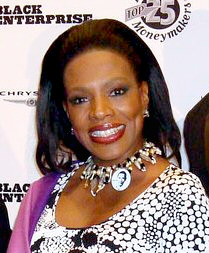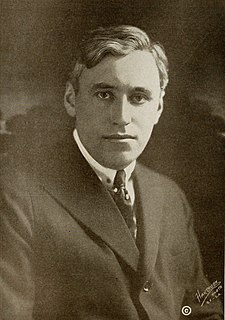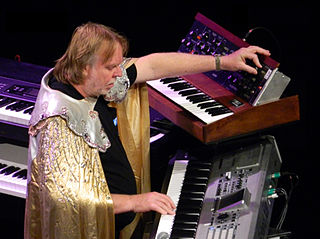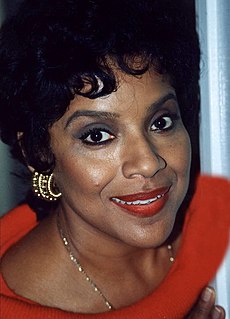A Quote by Alice Walker
I think many people in my community had very different kinds of mothers: they had mothers who acquiesced in the system of male and white-supremacist domination, and my mother never did. She just could not do it. It just wasn't in her.
Related Quotes
The idea of the book ["The Japanese Lover"] came in a conversation that I had with a friend walking in the streets of New York. We were talking about our mothers, and I was telling her how old my mother was, and she was telling me about her mother. Her mother was Jewish, and she said that she was in a retirement home and that she had had a friend for 40 years that was a Japanese gardener. This person had been very important in my friend's upbringing.
The concept of 'Momism' is male nonsense. It is the refuge of a man seeking excuses for his own lack of virility. I have listened to many women in various countries, and I have never found a woman who willingly 'mothers' her husband. The very idea is repulsive to her. She wants to mother the children while they are young, but never their fathers. True, she may be forced into the role of mother by a man's weaknesses and childishness, and then she accepts the role with dignity and patience, or with anger and impatience, but always with a secret, profound sadness unexpressed and inexpressible.
As important as the father is in the life of a child, even he must take second place to mother during the first three years of life.... Consequently, mothers actually have more to do with producing a predisposition toward homosexuality than fathers. Two kinds of mothers are particularly harmful - smother mothers and dominating mothers.
One thing I did have under my belt was, my mother lost her mother when she was 11. She mourned her mother her whole life and made my grandmother seem present even though I never met her. I couldn't imagine how my mom could go on but she did, she took care of us, she worked two jobs and had four children. She was such a good example of how to conduct oneself in a time of grief. When I lost my husband, I tried to model myself as much as I could on her.
My mother was totally different from the mothers of my friends. She would never separate from me. In a way, my life belongs to her. When I was a child, she complained that I was anorexic, so they sent me to places to get me to eat. When I look at pictures of myself, I was just a normal-looking child. It was her fantasy.
I think Julianne Moore is very, very good. I've worked with her. We did Surviving Picasso. I remember one scene we did together. She had to have a nervous, a mental, breakdown in this one scene. I didn't have many lines. I just had to make sure I knew I came in on cue all right. And I was just watching her walking though the rehearsal. I thought I know what she's doing, "This is going to be terrific." So they said, "Are you ready" and she said, "Yeah," "Ok, roll the camera." And all in one take.
I think that, very often there's a pain that's just too painful to touch. You'll break apart. And I think her mother's death and disappearance and abandonment was something she just never could deal with. Eleanor Roosevelt, when she's really very unwell in 1936, she takes to her bed. She has a mysterious flu.
She [a mother] never outgrows the burden of love, and to the end she carries the weight of hope for those she bore. Oddly, very oddly, she is forever surprised and even faintly wronged that her sons and daughters are just people, for many mothers hope and half expect that their new-born child will make the world better, will somehow be a redeemer. Perhaps they are right, and they can believe that the rare quality they glimpsed in the child is active in the burdened adult.
I think we spend a lot of time denying our mothers. We understand other women earlier than we understand our mothers because we're trying so hard to say, "I'm not going to be like my mother" that we blame her for her condition. If we didn't blame her for her condition, we would have to admit that it could happen to us, too. I spent a long time doing that, thinking that my mother's problems were uniquely her fault.
Occasionally, on screen, Barbara [Stanwyck] had a wary, watchful quality about her that I've noticed in other people who had bad childhoods; they tend to keep an eye on life because they don't think it can be trusted. After her mother was killed by a streetcar, she had been raised in Brooklyn by her sisters, and from things she said, I believe she had been abused as a child. She had lived an entirely different life than mine, that's for sure, which is one reason I found her so fascinating. I think her early life was one reason she had such authenticity as an actress, and as a person.







































